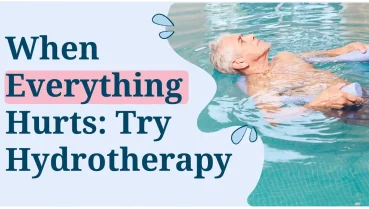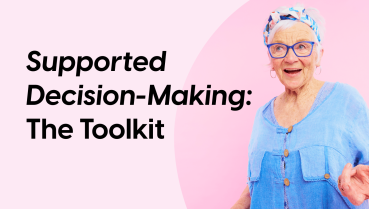 Why do we need this? So we can get in touch and help find you nursing homes for your needs.
Why do we need this? So we can get in touch and help find you nursing homes for your needs. Blog

Understanding Your Assistive Technology and Home Modifications (AT-HM) Approval Letter
If you’ve recently received a Support Plan from your My Aged Care assessment, you may have noticed approvals for Assistive Technology (AT) and/or Home Modifications…

The Weightless Solution: Why Hydrotherapy Works When Everything Else Hurts
Picture this: You lower yourself into warm water, and something extraordinary happens. The weight that has been pressing down on your hips, your knees, your…

The Gentle Release: Why Your Joints Crave Hydration and Heat
For many of us, the first few minutes of the day feel less like a fresh start and more like a slow “thaw.” It’s that…

These 10 Christmas Classics Never Lose Their Magic
Whether it’s the snow-covered streets of old Hollywood, family antics that warm the heart, or stories about finding hope and love, these classic films have…

Sugar, Spice & All Things Nice: 6 Festive Herbs and Spices to Support Your Immune System
Christmas is a time to unwind, give thanks, and undoubtedly, treat yourself to a little extra indulgence. For most, this indulgence is experienced through hearty…

Checking It Twice: The Naughty And Nice List for Providers
If you’re aged 65 or over and are either receiving aged care at home or currently exploring your options, chances are, you’ve probably heard that…

Before You Sign: 7 Questions to Ask A Support At Home Provider
When you receive your Support at Home funding, you only have 56 days to find a provider. Finding a provider is easy, but finding a…

Your Rights, Your Choice: Empowering Supported Decision-Making Under the Aged Care Act
On November 1 this year, the launch of the new Support at Home program wasn’t the only significant change. The Aged Care Act saw new…

The Truth About CHSP And Support at Home: Here’s What You Need to Know
If you’re currently receiving help through the Commonwealth Home Support Programme (CHSP), you probably rely on that support to keep things running smoothly at home….